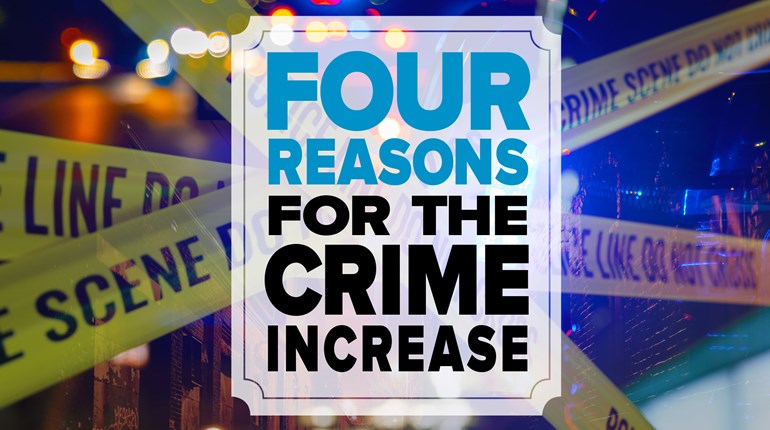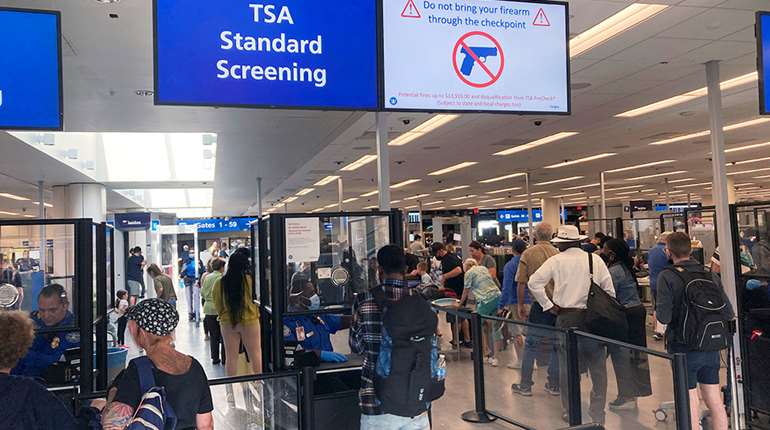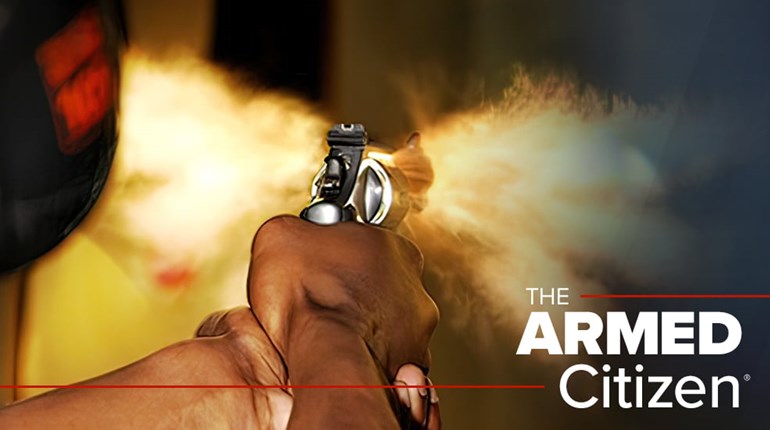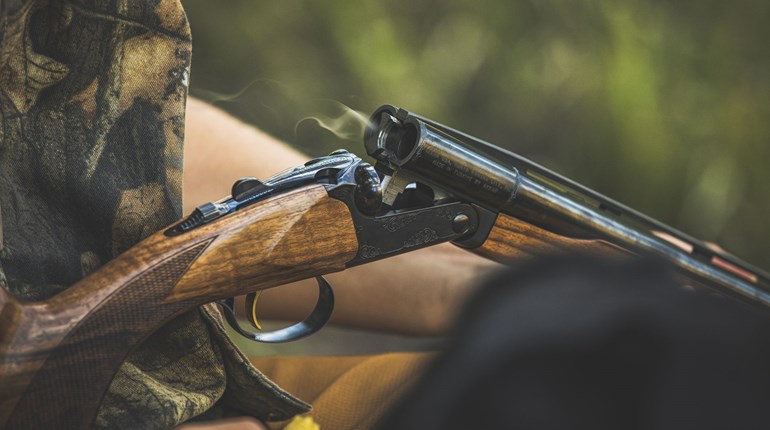
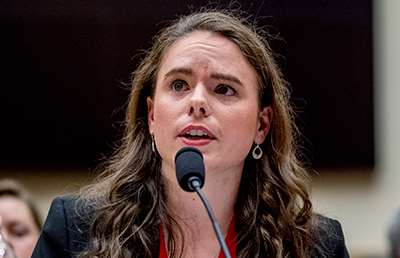
The Second Amendment protects the right of “the people,” not just the privileged few, to keep and bear arms. Yet, far too often, government-imposed barriers to this right—like outrageous “sin” taxes on gun and ammunition purchases, expensive permit fees and burdensome application processes—have the direct effect of disarming peaceable, law-abiding citizens simply because they are poor.
I know, because I’ve experienced firsthand how difficult these laws make it for even average Americans to exercise their Second Amendment rights. As a young, single woman going to law school in Nebraska and clerking at a public defender’s office, I began to have serious concerns for the first time about my physical safety. I purchased a handgun and often considered applying for a concealed-carry permit.
The problem was that the combined cost of the mandatory class and application fee was about $200, which at that point in my life was a hefty sum of money. I could not justify spending that on top of the initial costs of the handgun and ammunition.
Fortunately, Nebraska allows for permitless open carry of firearms, and I was able to take advantage of this several times for higher-risk situations, like meeting strangers to purchase Craigslist items.
After graduating from law school, I took a job in Washington, D.C., where residents may not protect themselves outside of their homes without a concealed-carry permit.
In theory, D.C. is a “shall-issue” jurisdiction where permits are supposed to be available to all law-abiding adults on an equal and objective basis. In reality, the district imposes severe time and financial burdens on would-be applicants, serving not only to strongly discourage people from seeking these permits, but effectively prohibiting it in some cases.
I was fortunate. While it was certainly financially painful to cough up the equivalent of a second student loan payment for the government’s permission to protect myself outside of my home, it was at least financially feasible.
Policymakers today may not intend for their laws to exclude all but the wealthy from exercising their constitutional rights, but the effect is nonetheless the same.
I don’t work weekends, and could therefore set aside two days for the mandatory 16-hour class taught by a government-approved instructor. I didn’t need to find childcare. I have a car to get to a Virginia gun range for the live-fire testing component, since D.C. has no public gun ranges. I could afford to take a non-emergency half-day off work to complete the required in-person filing at the D.C. police headquarters during the available hours. My life was not, to the best of my knowledge, in imminent danger during the 70 days I waited for the paperwork to process. I was able to take another couple of hours off work to fix the incorrect information on the permit when it finally arrived.
Many D.C. residents are not this fortunate, and the same burdens that were significant inconveniences for me are incredibly difficult burdens to overcome for many.
These types of financially and time-restrictive burdens are not unique to D.C.’s permit scheme, but are instead becoming commonplace in certain areas of the country. This is deeply problematic for two reasons.
First, significant barriers to the exercise of a fundamental right are always constitutionally suspect, and this is particularly true where, as here, the barriers undermine some of the core concerns motivating the protection of the right in the first place. The framers and ratifiers of the U.S. Constitution were well aware of—and deeply troubled by—the historical tendency of tyrants to use burdensome legal qualifications as a means of disarming the general populace and creating a “select militia” composed of a supportive aristocracy.
This was certainly the case in pre-revolution England, where the so-called “game laws” restricted the “right” of gun possession to those “legally qualified” to “kill game.” Unfortunately for most Englishmen, the only people capable of meeting these requirements were gamekeepers and aristocrats making over a certain amount of yearly income.
Policymakers today may not intend for their laws to exclude all but the wealthy from exercising constitutional rights, but the effect is nonetheless largely the same.
Second, as a matter of sound public policy, it makes little sense to effectively disarm the financially disadvantaged when they are statistically more likely than financially well-off individuals to be victimized by violent crime.
Violent crime tends to be very geographically clustered and some Americans are more at risk than others. As economist Dr. John Lott has noted, more than half of all homicides occur in just 3% of U.S. counties, and even then, the majority of homicides occur in just a few specific neighborhoods. These dangerous neighborhoods are not crime-ridden for unknown reasons. Rather, studies routinely indicate that neighborhoods with higher poverty rates tend to experience higher rates of violent crime. This is absolutely the case in D.C., where most violent crimes occur in the city’s poorest areas.
In other words, the people least likely to overcome financially restrictive and time-consuming gun-control barriers are also the people who are most likely to benefit from the ability to defend themselves and their livelihoods with firearms.
The right to keep and bear arms belongs to “the people,” regardless of income level. Policymakers would do well to remember this before enacting laws that effectively turn the Second Amendment into a privilege obtained only by the wealthy.
Amy Swearer is a Senior Legal Policy Analyst in the Heritage Foundation’s Edwin Meese III Center for Legal and Judicial Studies.














